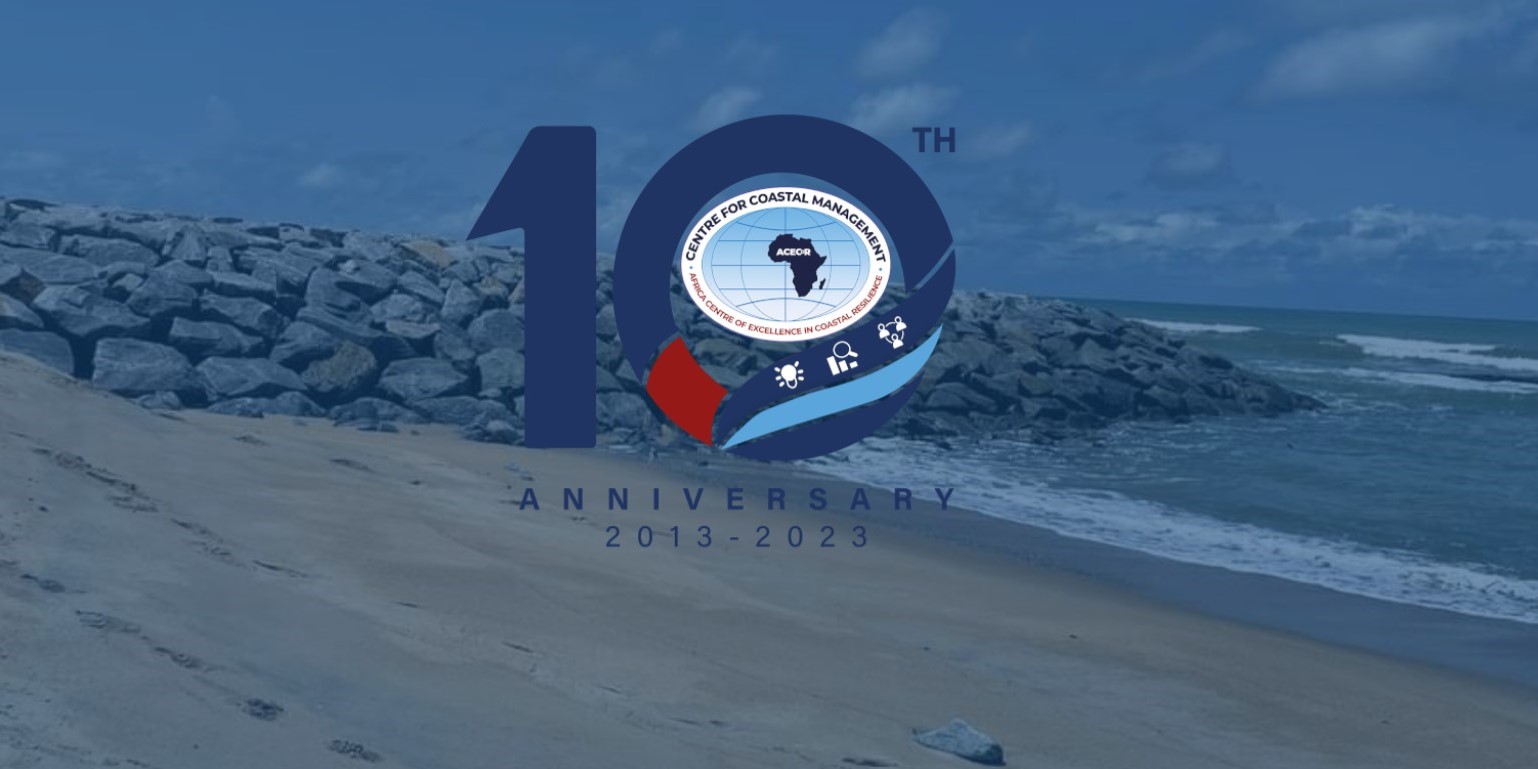News |
Global Partnerships for Coastal Resilience: Japan and the University of Cape Coast
Coastal regions face increasing threats from climate change, erosion, and environmental degradation. West Africa is no exception, grappling with rising sea levels, severe erosion, and sediment mismanagement, which threaten livelihoods and ecosystems. Recognizing these challenges, the West Africa Coastal Areas (WACA) Program has championed the establishment of the Japan Knowledge Center.
Operated by the Infrastructure Development Institute (IDI) since 2022, this center bridges the expertise of Japanese institutions with the needs of West African nations, creating a platform for knowledge exchange and technical cooperation. By mobilizing Japanese experience in disaster risk reduction and environmental management, the Japan Knowledge Center has become an invaluable resource for addressing the region's pressing coastal issues.
In 2022, the Japan Knowledge Center connected IDI with the Africa Centre of Excellence in Coastal Resilience (ACECoR), sparking collaboration on an ambitious joint research initiative. Together, they submitted a proposal under Japan's SATREPS program, a renowned framework supporting cutting-edge research for international development. This collaboration seeks to develop sustainable, transboundary approaches to sediment and environmental management, laying the groundwork for resilient coastlines across West Africa.
Building a Foundation of Knowledge Exchange
The WACA Program has long prioritized fostering international knowledge partnerships to create innovative and sustainable solutions for coastal challenges. The joint research initiative integrates advanced monitoring techniques and sustainable practices by adapting lessons from Japan's decades of expertise in sediment and environmental management. This collaboration aims to establish an international system for assessing sediment budgets and coastal environments, enabling evidence-based decisions to prevent disasters, protect ecosystems, and improve livelihoods.
Integrated Sediment Management: A New Era for West Africa
The challenges posed by sediment mismanagement in West Africa are multifaceted. Coastal erosion, exacerbated by upstream sediment trapping in dams, undermines the natural resilience of beaches and coastal communities. Meanwhile, environmental pollution and the degradation of critical ecosystems, such as mangroves, further aggravate the region's vulnerability to natural hazards.
To address these challenges, the joint research initiative is pioneering evidence-based approaches to sediment and environmental management. The project aims to create solutions that address the region's unique coastal needs by understanding sediment dynamics, monitoring ecosystem health, and fostering stakeholder collaboration.
Strategic Themes Driving the Research
The research initiative focuses on several critical themes:
- Integrated Sediment Management and Beach Deformation: This sub-theme involves analyzing coastal sediment dynamics to predict future changes in coastal landforms. For example, pilot studies along the Volta River Estuary and Densu Delta aim to understand sediment transport, assess the impacts of upstream dams, and design tailored interventions, such as groins or sand bypass systems, to stabilize beaches.
- Environmental Assessment and Conservation: Mangrove restoration is central to this theme. Mangroves serve as natural barriers against coastal erosion and flooding while enhancing biodiversity and carbon sequestration. By leveraging satellite imagery and local monitoring, the research will guide conservation strategies, ensuring the long-term health of mangrove ecosystems in areas like the Densu Delta.
- Hazard Estimation: Coastal flooding from tidal waves is a recurrent threat in the region. Advanced modeling techniques will simulate flooding events, enabling communities to prepare for and mitigate future risks. Such tools are vital for protecting vulnerable populations and infrastructure along the coast.
- Societal and Economic Impact Assessment: The program also considers the broader societal implications of coastal challenges. Policymakers can prioritize long-term, sustainable investments by quantifying the socioeconomic benefits of disaster prevention measures, such as reduced flooding and improved environmental health.
- Data Integration and Capacity Building: A robust data system will consolidate insights from the program's research themes. The platform will support adaptive coastal management by integrating local and international datasets. Moreover, training programs and stakeholder workshops will ensure local communities and institutions have the skills and knowledge to sustain these efforts.
Transforming Research into Action
This initiative's impact extends beyond academia. It aims to translate research findings into actionable solutions. By equipping West African nations with tools to monitor sediment dynamics, implement nature-based solutions, and design climate-resilient infrastructure, the program aligns with WACA's vision of safeguarding coastal communities and ecosystems.
The collaboration also underscores the power of international partnerships. As Prof. Yoshimitsu Tajima from the University of Tokyo, a lead researcher on the project, highlights, "Combining Japan's technical expertise with the local knowledge of West African researchers unlocks innovative solutions that are both sustainable and scalable." The project addresses immediate challenges and lays a foundation for future investment in coastal resilience.
A Path Forward for Coastal Sustainability
As the research initiative gains momentum, it represents a beacon of hope for West Africa's vulnerable coastlines. By leveraging global knowledge and fostering regional collaboration, the project addresses the root causes of coastal challenges while empowering communities with sustainable solutions. Through this innovative approach, the partnership between WACA, the Japan Knowledge Center, and ACECoR exemplifies how international cooperation can drive transformative change.
The joint research program is a testament to the potential of global partnerships in solving complex, transboundary challenges. Combining scientific innovation with practical applications paves the way for resilient coastlines and thriving communities in West Africa and beyond.
